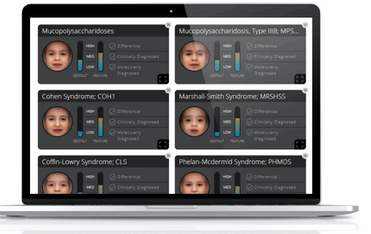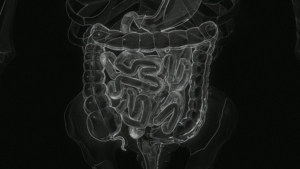
Data protection rules may block medical progress
In an effort to ban AI tools for facial recognition, the EU risks to block European medical geneticists to recognise genetic diseases.
On Monday, EU data protection agencies asked for a general ban on the recognition of faces, gait, fingerprints, DNA, voice, keystrokes and other biometric or behavioural signals, in any context. They warned that facial recognition might interfere with fundamental rights and freedoms to such an extent that they may call into question the essence of these rights and freedoms."
If not properly regulated such ban might also EU inventions such as the Face2Gene app, developed by a group of human geneticists at Berlin-based university clinic Charité two years ago, which is able to recognise a huge range of genetic disorders using facial phenotyping.
The good news, however, is that at first glance the ban only would include AI that would categorise individuals into clusters based on ethnicity, gender, political or sexual orientation or which is used for public identification.The European Commission’s said it would include special exceptions for allowing the use facial recognition under certain circumstances. Thus the Commission aims to establish rules that provide sufficient protection while assuring applications that are beneficial.
Particularly in the diagnostic context, AI applications have shown significant benefits where pattern recognition can be automated and subsequently evaluated by specialist including MRI imaging or DNA-based cancer diagnosis.



 Unsplash+
Unsplash+